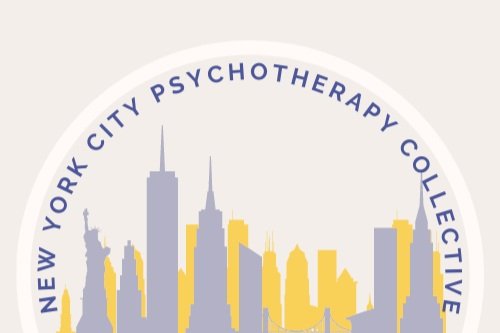What is Summertime Sadness or summer-pattern Seasonal Affective Disorder?
Seasonal Affective Disorder is not just for the cold, dark, winter months. It can also affect people when it is sunny and warm out, in which case it is known as summer-pattern SAD or summer depression. On the physiological side, Vitamin D can only be absorbed from the sun without sunscreen, so even if you are spending more time outdoors, you may remain Vitamin D deficient if you're protecting your skin with high SPF (we can’t win!). On the psychological side, social media is a large contributor to these feelings of summer sadness because when we see our friends, peers, or even strangers posting about their fun summer activities, we feel like the kid being excluded from the cool lunch table. It makes us feel friendless, alone, and unworthy.



